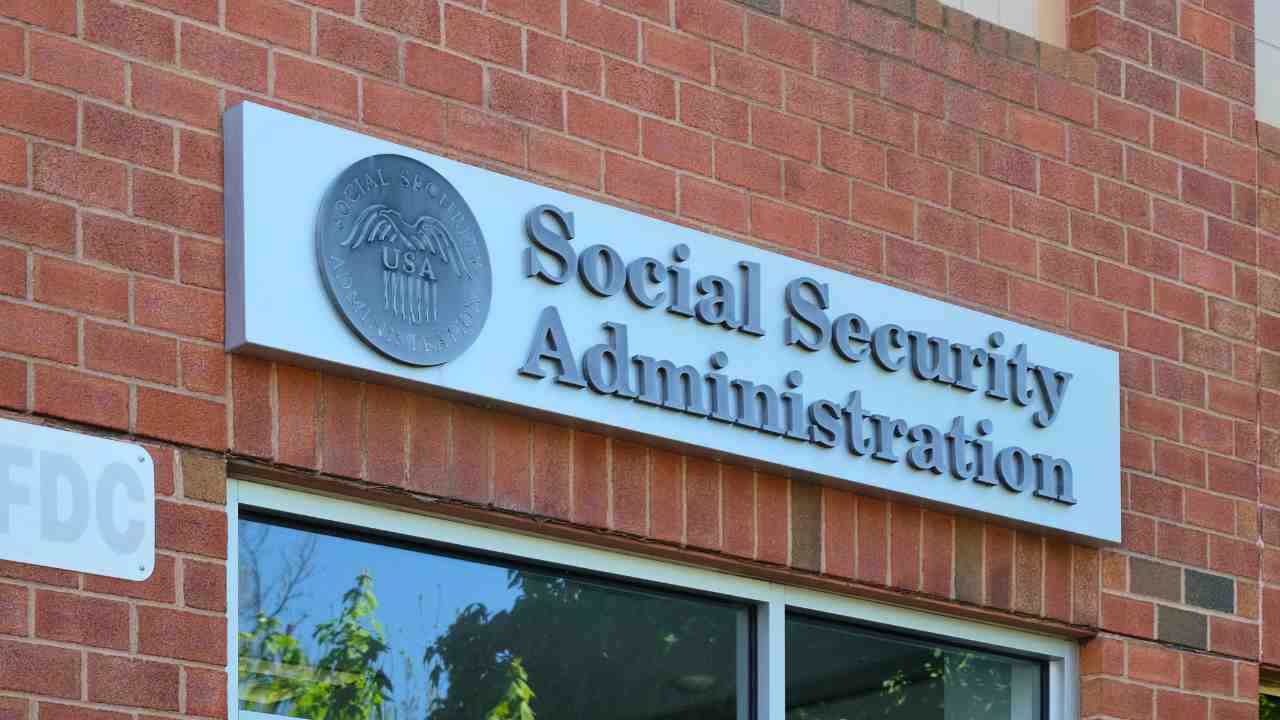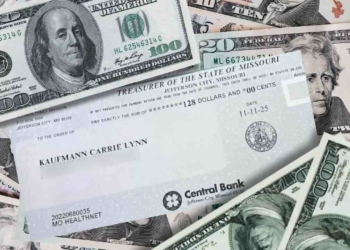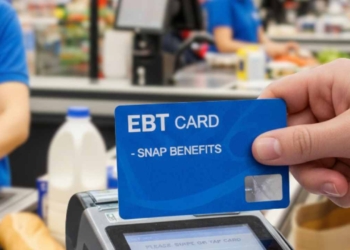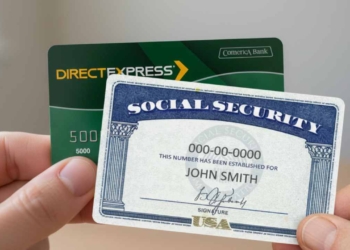The Internal Revenue Service is issuing average tax refund payments of $3,034 for eligible recipients who requested direct deposits. The IRS has given extra time to file returns to taxpayers affected by a natural disaster. If you are one of them, you may still not have filed because you are allowed to file after the April 15 deadline.
Other taxpayers may have filed by the June 16 deadline for American taxpayers living outside the United States. Therefore, they may still be waiting for their direct deposit to be delivered into their bank accounts. What is more, some taxpayers are not required to file because their earnings are just too low and do not exceed the threshold. Nevertheless, many of them ignore that they can collect a refundable tax credit if they meet all the requirements.
Who can still get a refund from the IRS?
Here is a list of the four groups of taxpayers who may still get a refund from the IRS
- Taxpayers who are not required to file but who qualify for a refundable tax credit
- Taxpayers who filed by the June 16 deadline
- Taxpayers who requested an extension to file and their deadline to file is October 15 (but taxes must have been paid by April 15)
- Taxpayers who got an automatic extension to file and pay due to a natural disaster (hurricane, heavy storms, floods, wildfires)
- Taxpayers whose tax return was under review by the IRS and whose refund payment was delayed for that reason
Not sure if you qualify for a refundable tax credit or if you are required to file a 2024 tax return during the 2025 tax season? Make use of this IRS online tool now: https://www.irs.gov/help/ita/do-i-need-to-file-a-tax-return
How long can an IRS refund payment take?
Generally, the Internal Revenue Service can deliver tax refunds within 21 days. However, if a tax return is complete, accurate, and you requested direct deposit and filed electronically, it is more than likely that this refund payment will be sent in about 10 days.
On the contrary, taxpayers who file a paper return and request a paper check will have to wait much longer. This should only be done when it is impossible for you to get it in a different way, because it can delay the refund for a great deal of time.
Taxpayers who file their 2024 tax return on June 24 may receive it within 21 days, so July 15 may be their payday. Taxpayers who receive their IRS payment within 10 days may collect it on July 4, 2025.
By U.S. law, the latest date a taxpayer can claim a credit or federal income tax refund for a particular tax year is, in general, the later of these 2 dates:
- 2 years from the date you paid the tax, or
- 3 years from the date you filed your federal income tax return.





